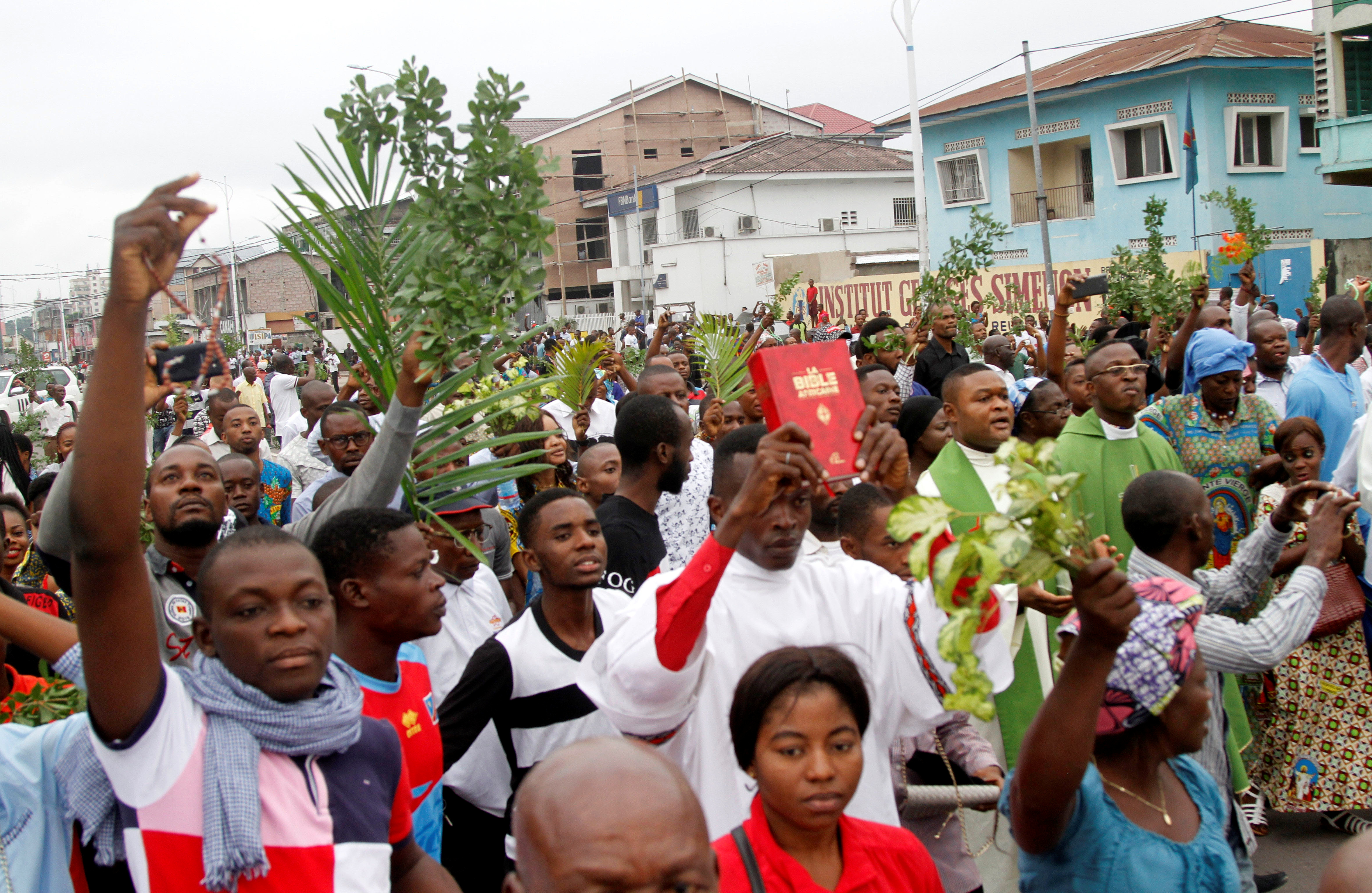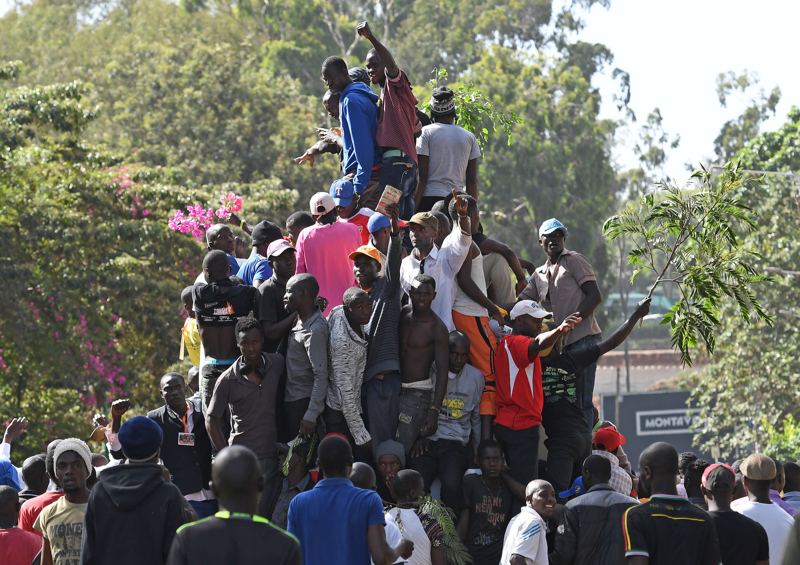Catholic Bishops in Kenya have denounced the government shutdown of the country’s three largest private television channels as “unconstitutional” and in direct contradiction to the law.
Police officers and officials from the Communications Authority of Kenya disconnected Kenya Television Network, Citizen Television and Nation Television News over plans to broadcast opposition leader Raila Odinga's unofficial "inauguration" last Tuesday (30 January) where he declared himself the “people’s president”.
Despite Kenya’s High Court ordering the government to allow the stations to continue broadcasting on 1 February, they remain off air.
“We wish to categorically state that shutting down of the media houses, does not augur well for the freedom of expression and press in the Country,” write the country’s bishops in a 2 February statement.
The freedom and independence of all media is “guaranteed” in Kenya’s Constitution, write the bishops. They add that the country has a communications authority, established by law, that is “ independent and free of control by government, political or commercial interests in the exercise of its powers.” No state agency – or individual - is above the law, they add.
They conclude by calling on all state agencies and duty bearers to “adhere to the tenets and spirit of the Constitution” and to respect human rights and “the fundamental freedoms”.
Mwenda Njoka, Kenya’s Interior Ministry spokesman, described Odinga’s swearing in ceremony as an assault on legitimate government. He also said the government had “good reasons” for interrupting television broadcasts of the gathering.
“The government had to do what it did because the lives of Kenyans are more important than what you call freedom of the press or what might turn out to be an inciting broadcast,” he said.
When their transmissions were interrupted, the private broadcasters Citizen TV, KTN and NTV were showing people gathering peacefully in Uhuru Park in Nairobi, the capital. The park is reported to have emptied shortly after the event.
“This shutdown erodes the gains so far made in developing a free and responsible media industry and should never happen in a robust democracy that Kenya boasts of,” the Media Council of Kenya said in a tweet.
“It is a very sad moment for media freedom in this country,” said Tom Mshindi, editor of the Nation Media Group, one of the country’s biggest media conglomerates. “We must stand very firm together because if we don’t, we will perish.”
In August, the country’s election results, which showed Uhuru Kenyatta as the winner over Odinga, were annulled by the Supreme Court, which said the vote was not credible.
Odinga then refused to participate in a second election, alleging it would be rigged. Kenyatta won with 98 per cent of the vote.
Although Kenyatta was sworn in for a second term in November, Odinga has refused to recognise him as legitimate — instead planning his own inauguration ceremony.
PICTURE: Supporters of opposition leader Raila Odinga gather at Uhuru Park in Nairobi, Kenya, Jan. 30, 2018 ©PA



 Loading ...
Loading ...